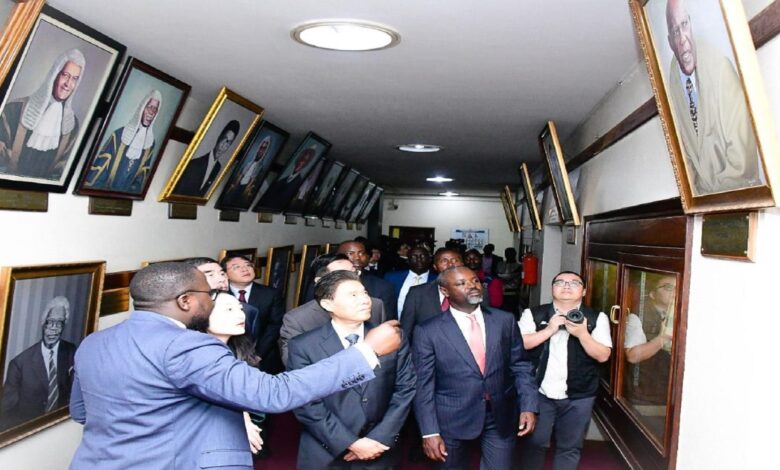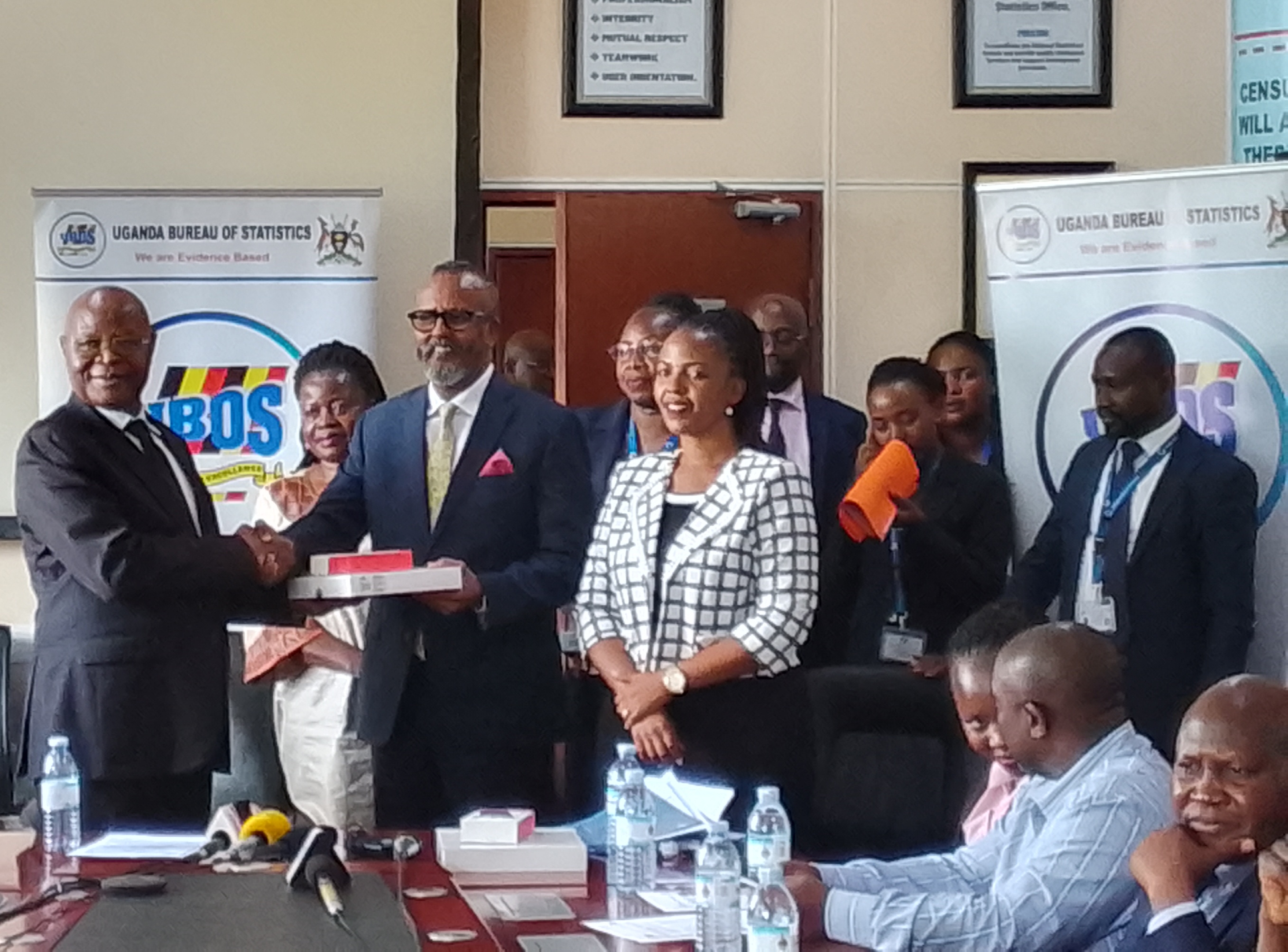Deputy speaker calls for urgent action on Uganda’s trade imbalance with China
The Deputy Speaker pointed out that Uganda has yet to take full advantage of the new export protocols for beef, pepper, and aquatic products, despite China's recent approval.

Deputy Speaker of Parliament, Thomas Tayebwa, has raised concerns over Uganda’s low export volume to China, calling for immediate efforts to address the trade imbalance. He emphasized that Uganda imports significantly more from China than it exports, urging for greater balance in order to ensure both nations benefit equally from their trade relations.
Tayebwa made these remarks during a meeting with members of the Financial and Economic Committee of the Standing Committee of the National People’s Congress of China, led by Chairman Zhong Shan, on September 23, 2024, at Parliament.
“Uganda’s primary exports to China consist of fish, skins, hides, timber, and coffee,” Tayebwa noted. “However, the trade heavily favors China, with Uganda earning only USD 94.93 million from exports compared to USD 1.817 billion in imports from China, according to Bank of Uganda data.”
The Deputy Speaker pointed out that Uganda has yet to take full advantage of the new export protocols for beef, pepper, and aquatic products, despite China’s recent approval.
Tayebwa expressed appreciation for China’s decision to offer 98 Ugandan products duty-free and quota-free access to its markets. However, he called for technical support to help Ugandan products meet the quality standards required for export.
“Our biggest challenge is meeting quality standards,” Tayebwa said. “We request technical assistance from China to help us meet these standards in the short term.”
His comments come in the wake of a recent Ministry of Finance report, which revealed an 8.6% increase in Uganda’s merchandise trade deficit in July 2024, largely due to a rising import bill. The trade deficit rose from USD 247.93 million in June to USD 269.34 million in July.
While Uganda’s export earnings grew to USD 785.03 million, driven by the Middle East as the largest export destination, this growth was outpaced by a 9.1% increase in imports, particularly from China and India. Asia accounted for 36% of Uganda’s imports, with China leading at 55%.
During the meeting, Tayebwa acknowledged President Xi Jinping’s recent pledge of USD 51 billion in investment and assistance to Africa over the next three years, stating that this would greatly improve cooperation between the two nations. “This support will enhance Uganda’s economic development and help strengthen our bilateral ties,” Tayebwa remarked.
Minister of State for Finance, Henry Musasizi, echoed these sentiments, calling on China to support Uganda’s ambitious economic growth strategy, which aims to grow the economy from USD 55 billion to USD 500 billion by 2039.
“Since 1986, Uganda has been on a steady growth trajectory, and China has played a crucial role in this journey,” Musasizi said. “As we embark on a ten-fold growth strategy focusing on agriculture, minerals, oil, gas, and innovation, we look forward to further cooperation with China.”
Zhong expressed China’s readiness to ‘walk shoulder to shoulder’ with Uganda and other African nations in implementing the outcomes of the forum. He emphasized that ‘China-Africa relations have deepened,’ noting President Xi Jinping’s commitment at the summit’s opening to collaborate with Africa on the 10 partnership actions through national organizations.
As Chairman of the Financial and Economic Committee, Zhong assured that he would present Tayebwa’s proposals and concerns to the committee upon his return to China.







